How Is Laser Welding Used in the Automotive Industry?
Among the customers who purchase our laser welding equipment at ZS Laser, a large proportion are manufacturers from the automotive industry. Over the past few years, we have clearly seen how laser welding technology is gradually replacing traditional welding methods, becoming a core technology in modern automobile manufacturing. It plays a vital role in improving production efficiency and product quality. Compared with conventional welding, laser welding offers higher precision, faster welding speeds, and more consistent results, making it the preferred choice for large-scale production.
As the automotive industry continues to move toward lightweight structures, electric vehicles, and higher safety standards, manufacturers are increasingly adopting laser welding solutions to achieve stronger joints, cleaner surface finishes, and greater design flexibility. So how exactly is laser welding applied in the automotive industry? What are its development trends, and how should manufacturers choose the right laser welding machine? Let’s explore below.
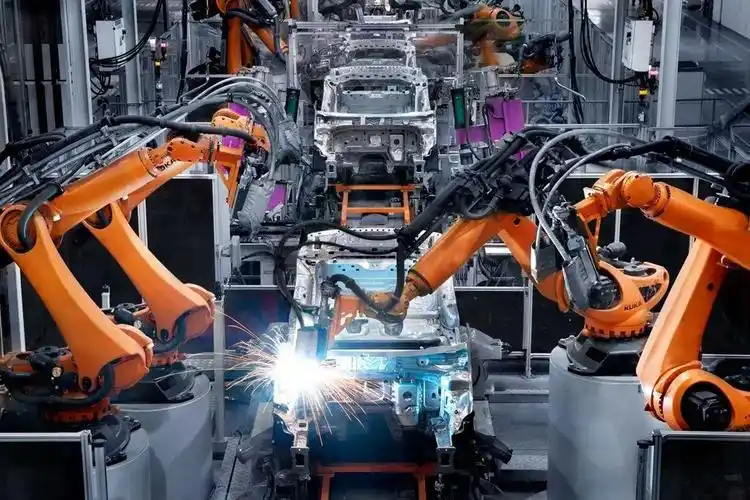
Laser welding in automotive industry
Laser Welding for Key Automotive Components
Car Body and Structural Parts
In modern automobile manufacturing, the welding process of the body and structural components directly impacts the vehicle’s safety, weight, and fuel efficiency.
High Strength with Lightweight Design
Laser welding achieves deep penetration welds with extremely high strength, while maintaining narrow weld seams and minimizing material waste. This allows manufacturers to use thinner, lighter materials without compromising body strength, enabling lightweight vehicle design and improving fuel economy and driving range (especially critical for EVs).
Aesthetic and Sealing Properties
Beyond strength, automotive body welding also requires a clean appearance. Laser welds are smooth and neat, often eliminating the need for post-processing. Additionally, their superior sealing prevents rain, dust, and noise from entering the vehicle, enhancing comfort and durability.
Automation and Efficiency
Laser welding integrates seamlessly with robotic production lines, enabling fast, precise, and highly consistent welds, greatly improving production efficiency.
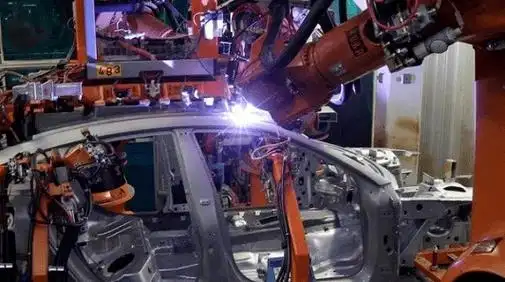
Car body laser welding
Powertrain Applications
The powertrain—comprising the engine, gearbox, and fuel injection system—is the heart of a vehicle. These components operate under extreme heat, pressure, and mechanical stress, requiring exceptionally reliable welds.
High Strength & Wear Resistance
Laser welding produces dense, uniform welds with outstanding bonding strength and wear resistance, essential for engine parts, gears, and transmission housings that endure constant friction.
Precision & Reliability
Precision components such as fuel injectors demand extremely accurate welding. Laser welding offers micron-level energy control, minimizing heat-affected zones and ensuring components remain stable even under harsh conditions.
Extended Service Life
With crack-free, high-quality welds, laser welding increases the durability and reliability of powertrain parts, helping vehicles maintain long-term performance and reducing maintenance costs.
Exhaust Systems and Fuel Tanks
Exhaust components, catalytic converters, and fuel tanks all rely on secure welding connections.
For exhaust systems and catalytic converters, laser welding enables precise joining of thin-walled stainless-steel pipes, ensuring smooth, uniform welds that reduce stress concentration and cracking risks.
For fuel tanks, excellent sealing is essential. Laser welding produces continuous, dense, pore-free seams that prevent fuel leakage. The small heat-affected zone preserves the anti-corrosion properties of tank materials, extending service life.
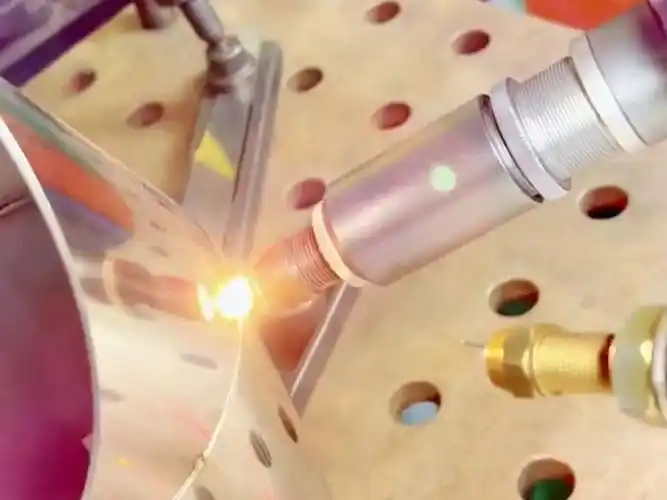
Automobile exhaust pipe laser welding
Electric Vehicle (EV) Battery Packs
As the EV sector grows rapidly, laser welding has become indispensable for battery module assembly, busbar connections, and terminal welding.
Battery Module Assembly
Cells must be arranged into modules and securely joined. Laser welding enables precise welding in confined spaces, ensuring strong, uniform seams while avoiding excessive heating that could damage cells.
Busbar Connections
EV busbars are typically made of copper or aluminum, which are difficult to process with traditional methods. Laser welding’s fast scanning and precise energy control provide reliable, low-resistance connections, improving conductivity and efficiency.
Terminal Welding
As critical current-output nodes, battery terminals require flawless welding. Laser welding ensures strong, consistent joints, minimizing contact resistance and overheating risks, ensuring long-term battery safety and stability.
Automotive Electronics
EV functionality relies heavily on electronics—from sensors and control units to micro-connectors. Laser welding’s micron-level precision is perfectly suited for these delicate components.
Future Trends of Laser Welding in Automotive Manufacturing
Rising Demand for EVs and Lightweight Materials
As EV adoption increases and lightweight design becomes essential, laser welding provides the precise, repeatable, and high-strength solutions required for advanced alloys, aluminum, and lightweight steels. This directly supports the industry’s goals of improved energy efficiency and longer driving ranges.
Smart Manufacturing & Industry 4.0 Integration
Automotive production is increasingly adopting Industry 4.0 technologies. With AI-based quality monitoring and robotic automation, laser welding systems can detect defects in real-time, auto-adjust welding parameters, and maintain consistency at scale. This reduces scrap rates, labor costs, and positions laser welding as the core technology in future intelligent automotive manufacturing.
Green and Sustainable Solutions
Sustainability is now a top priority in the automotive industry. Energy-efficient laser systems, with optimized power consumption and eco-friendly processes, are replacing traditional welding that requires filler materials or produces high emissions. As manufacturers move toward carbon-neutral production, laser welding stands out as a clean, precise, and material-saving solution for green automotive engineering.
ZS Laser’s Recommended Automotive Laser Welding Solutions
Given the critical role laser welding plays in automotive production, choosing the right equipment is essential. With over a decade of expertise, ZS Laser offers the following solutions:
Handheld Laser Welding Machines
Flexible and user-friendly, ideal for repairs, prototyping, and custom automotive parts. Perfect for small-scale bodywork and adjustments without extensive setup.
Fully Automatic Laser Platform Welders
Designed for batch production with customized fixtures to ensure precise positioning and stable clamping during welding. Provides high accuracy, speed, and consistency, reducing manual intervention and improving yield.
Common applications include:
Exhaust pipes & mufflers – ensuring airtightness and corrosion resistance
Fuel tanks & pipelines – leak-proof, high-sealing welds
Body panels & chassis parts – lightweight yet structurally strong
Seat frames & safety components – strong, durable connections
EV battery trays & housings – meeting strict sealing and safety requirements
With modular and scalable design, these welders adapt to diverse production needs and are ideal for enterprises seeking automation, consistency, and long-term reliability.
Robotic Laser Welding Systems
Seamlessly integrated into existing production lines for true automation. Combining multi-axis robotics with high-power lasers, they handle complex geometries and multi-angle welding tasks, supporting 24/7 continuous operation.
ZS Laser offers multiple power configurations tailored to different materials and thicknesses. From exhaust systems and body structures to chassis parts and EV battery trays, robotic systems deliver precision, speed, and consistency while reducing labor costs—perfect for mass production and smart manufacturing.
Ready to upgrade your automotive production with advanced laser welding solutions?
Contact ZS Laser today for expert consultation and customized equipment tailored to your manufacturing needs.
 ZS Laser Equipment
ZS Laser Equipment

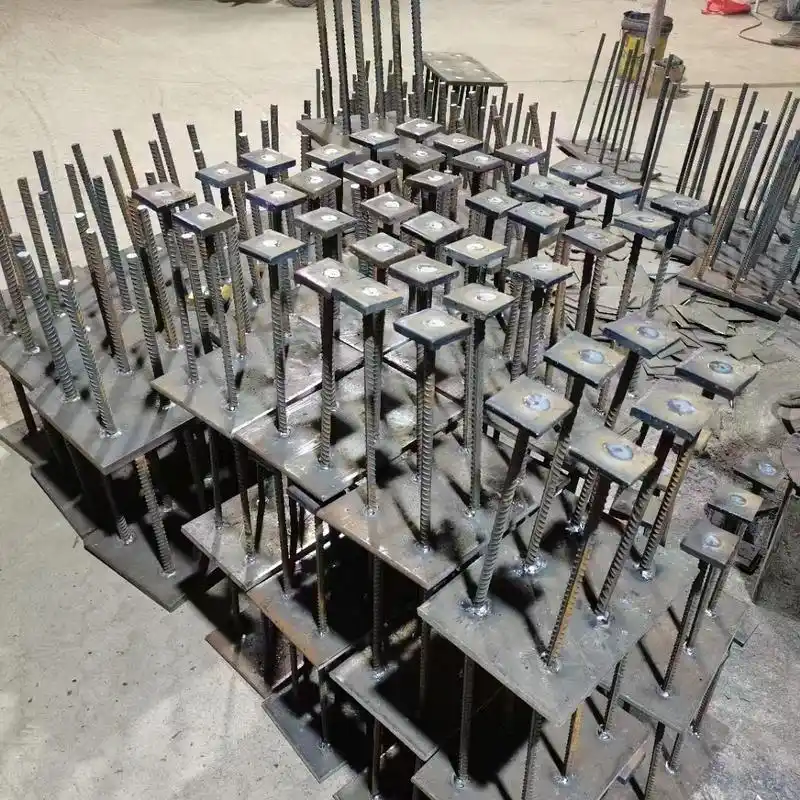
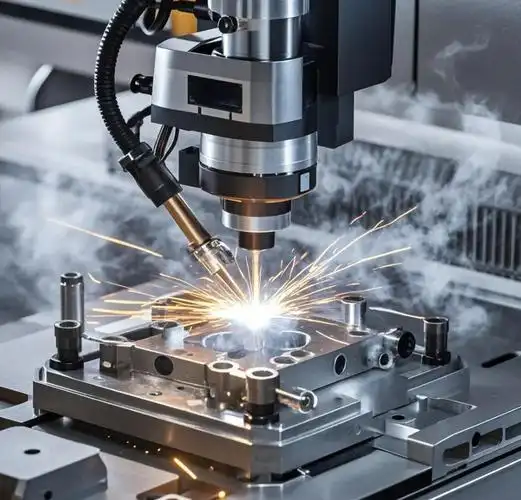

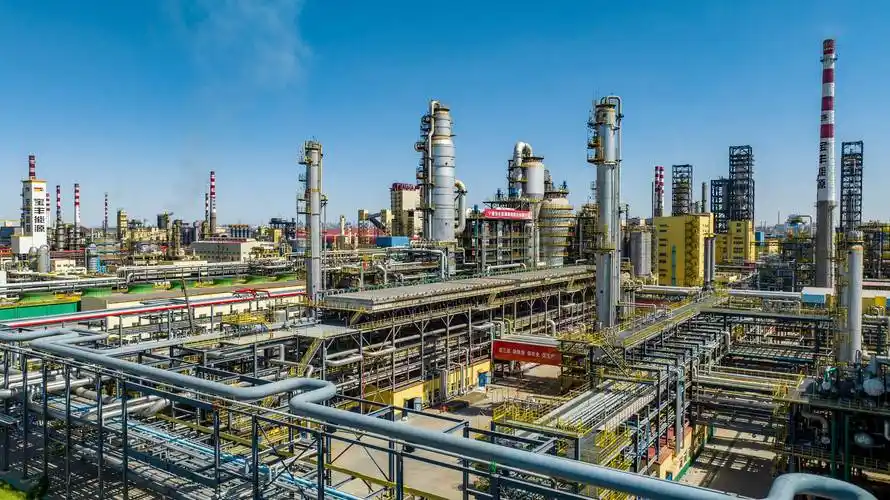
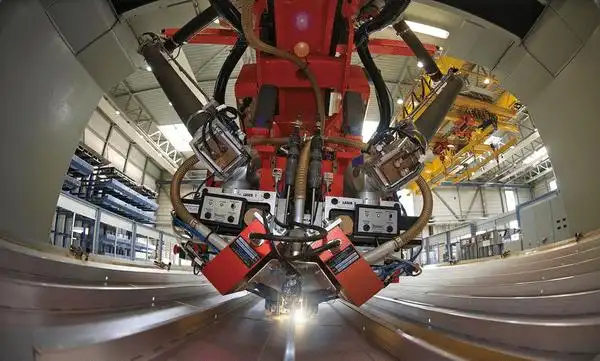

WhatsApp
Scan the QR Code to start a WhatsApp chat with us.